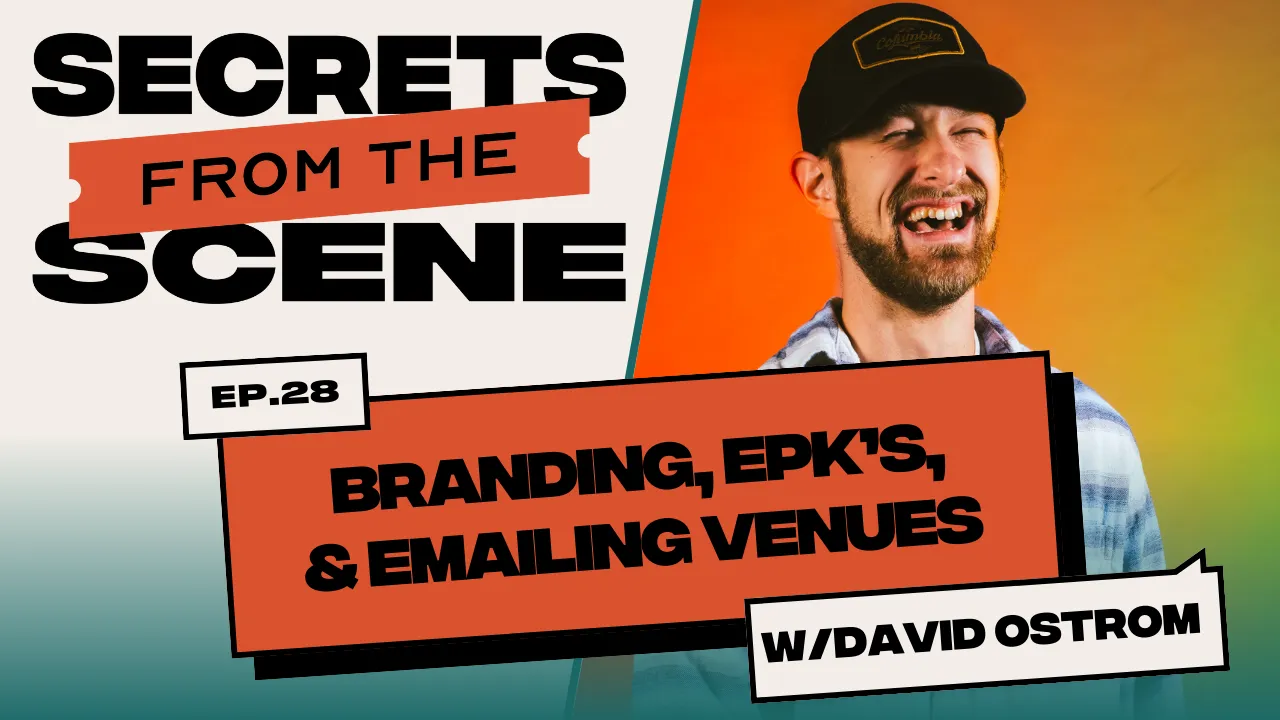Show Notes
There are three essential components every musician must have to successfully pitch their music for gigs: an artist brand, an EPK, and the ability to craft effective emails. Missing any of these can potentially cost you the gig.
In this episode, David Ostrom joins me to delve into the art of "packaging the pitch." David, the brains behind Ostrom Entertainment, an agency specializing in entertainment and bookings for local artists, shares insights on:
- The significance of an effective artist brand and why it's crucial.
- Strategies for crafting a compelling EPK.
- Tips and best practices for composing emails when reaching out to talent buyers and venues.
With five years of experience as a booking agent for the Minnesota Music Coalition, David has facilitated numerous gigs for Minnesota artists both locally and regionally. His exposure to countless EPKs and email exchanges provides valuable insights into what works and what doesn't.
Whether you're just embarking on booking your own shows or seeking to enhance your pitching skills, David generously shares his wealth of knowledge and even suggests some invaluable resources for DIY artists towards the end. Enjoy the episode!
watch now on YouTube:
Episode Links and Mentions
Connect with the Guest
Connect with Me
Give Feedback
📬 Send me a message: stephen@secretsfromthescene.com
💬 Suggest a guest or topic: podcast@secretsfromthescene.com
🎙️ Brought to you by:
--------------------------------
Thank You
This podcast is made possible by the hard work, expertise, and commitment of my team:
Max Greene and Joey Biehn. I'm forever grateful.
--------------------------------
Theme Music: "Thankful" Courtesy of LUEDVIG

